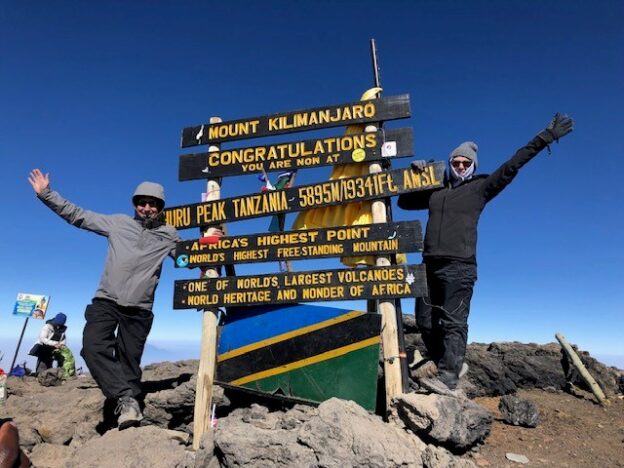Until recently, when I heard the words health and wellness used together, I started thinking about the need to eat healthier (those 8 daily servings of fruits and vegetables, for example), to get to the gym, to schedule an annual physical, to sleep more, and so on. Throughout the years that random approach has led to very mixed outcomes. As a result of my coaching journey, I have learned that it is most important to recognize that health is a means and not an end. People want to be healthy to experience life the way they desire. Once we figure out what we really want, we can then choose the best health and wellness options for attaining that goal.
Once I focused on the “why” of my health and wellness efforts, my motivation became clear. Both of my parents suffered for years with dementia-related diseases and passed on in their late 70’s / early 80’s. Watching the impact on them personally, living the caregiving experience with them, and recognizing the hereditary nature of these diseases has provided a clear purpose to focus on activities that may help mitigate the risk of contracting a dementia-related disease in the future.
With that added clarity and purpose, I now have a reason to exercise my mind and body, to eat healthier, and to sleep more. These are all activities recommended to help delay or hopefully deter the onset of dementia-related diseases. Gaining that clarity was a tremendously positive experience for me and I hope it will be the same for you as you plan your health and wellness activities in the bonus years. What is your “why”?
Finding your motivation toward health and wellness is the first step in the journey. In Part 2 of the “Bonus Years – Health and Wellness”, I will share with you my approach for executing a positive and effective health and wellness plan. It is one that works very well for me and will hopefully be helpful for you.
Contributed by Don Fries, Retirement Coach, Certified Too Young To Retire® Facilitator








